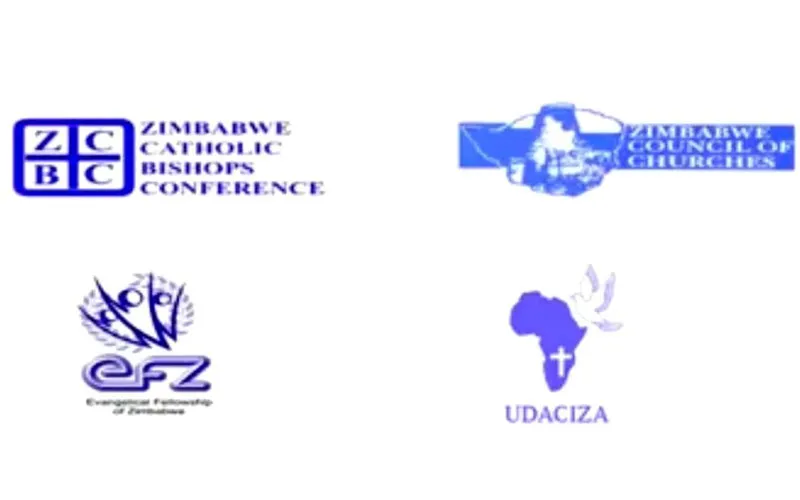Like the election of Matthias, which was characterized by transparency, ZHOCD officials also call for the 2023 polls to be “predictable in terms of the process.”
“It must be clear how people are going to vote, how their votes will be counted, how the results will be collected, and how they will be announced in a reasonable time prescribed by the law,” they say.
Such elections, the representatives of the various Christian denominations in Zimbabwe say, produce trust and confidence in the elected leaders.
“In many situations, elections have failed to usher hope among people because the people were ostracized, they did not participate, the election was violent, or the election was compromised,” they observe, and add that sometimes, the post-election period turns violent because there is no clear acceptance of results.
“Great leaders are magnanimous in victory, and gracious in defeat. Those who lose elections must be able to accept results while those who win must be gracious to losers,” ZHOCD officials say.
(Story continues below)
They add that Zimbabwe needs a more inclusive process to deal with post-election crisis.
As part of their commitment to see peaceful and tolerant elections, the Christian leaders promise to “convene dialogue with all political spaces to share its ecumenical election covenants” and “prepare pre-election citizens dialogue to prepare their ecumenical election covenants.”
The Church leaders also promise to deploy election observers to all polling stations.
Election observers, they say, "will prepare a parallel election results tabulation, not to announce results, but to have its own facts and figures in case of disputes."
ZHOCD officials also call on all independent commissions that support democracy in the Southern African nation to “prepare an election peace pact to be signed by all political parties.”
They further express the wish that political aspirants “take time to engage different sectors of society, not only to give promises, but also to hear what the people want.”
In supporting the aspirants, the representatives of Christian leaders in Zimbabwe say they will promote the upholding of freedom of movement, assembly, association, speech and access to information.
In order to avoid post-election violence, the Church leaders recommend the establishment of an all-inclusive and broad-based post-election healing and national envisioning process.
They also call on Zimbabweans to consider having a National Day of Prayer after the 2023 polls to commit the new political leadership to God.
This story was first published by ACI Africa on 23 November 2021
Magdalene Kahiu is a Kenyan journalist with passion in Church communication. She holds a Degree in Social Communications from the Catholic University of Eastern Africa (CUEA). Currently, she works as a journalist for ACI Africa.








